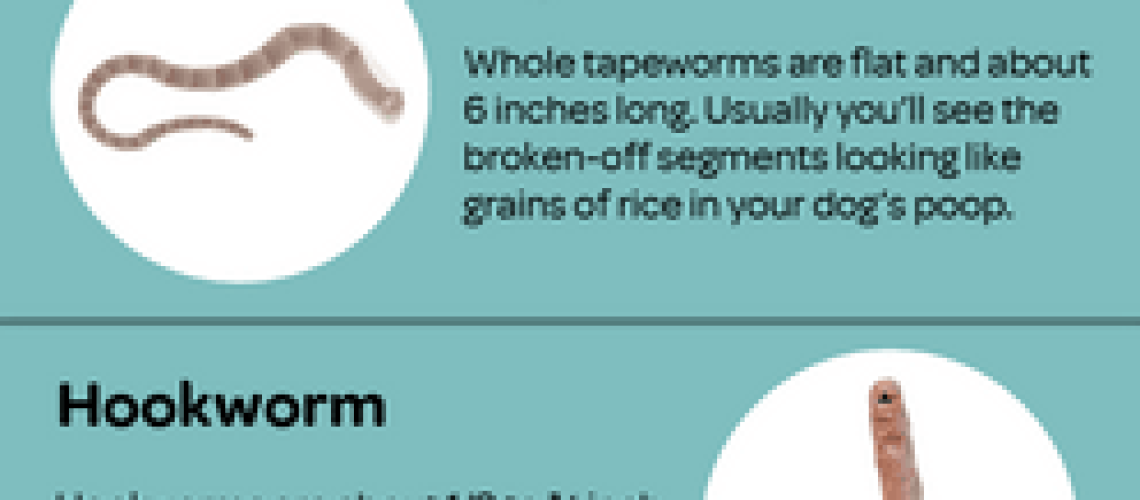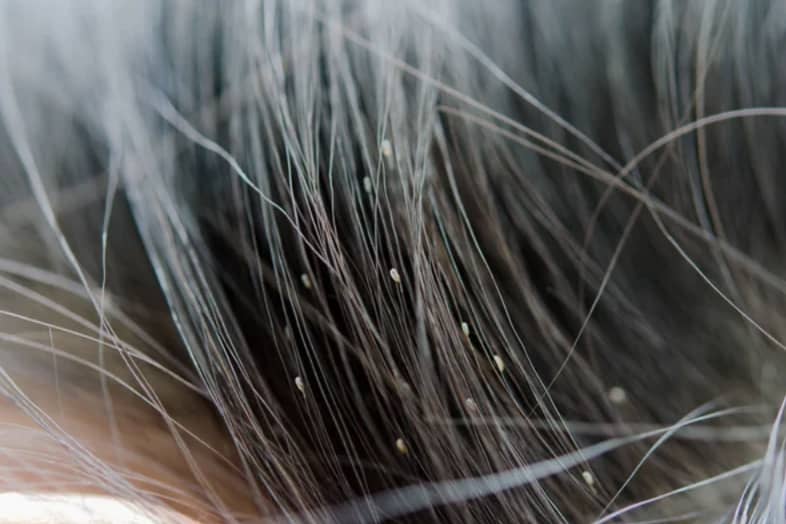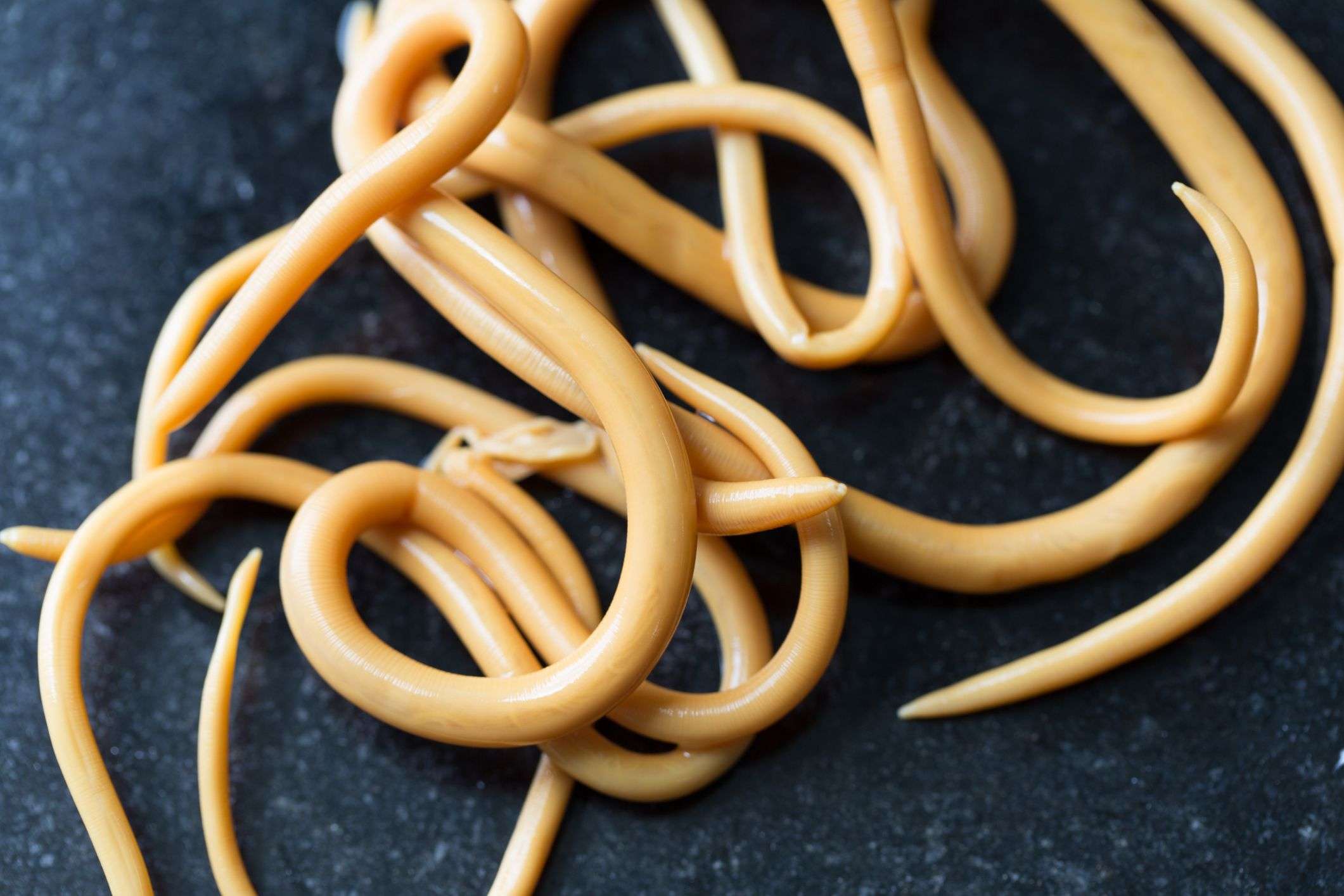Key Takeaways:
- Puppy parasites can include worms, fleas, ticks, mites, and lice.
- These parasites can cause various health issues in puppies, including weight loss, anemia, skin irritation, and even death.
- Regular veterinary check-ups and preventative treatments are essential to keep puppies parasite-free.
- Cleanliness and proper hygiene practices can help prevent the spread of parasites in puppies.
- Early detection and treatment of puppy parasites are crucial for their overall health and well-being.
Are you a dog lover? Do you have a furry friend at home or dream of getting one soon? If so, then understanding the different types of puppy parasites is crucial for the health and well-being of your new companion. These tiny creatures may seem harmless, but they can wreak havoc on your puppy's health if left untreated. By delving into this topic, you will gain valuable knowledge that can help protect your puppy from these pesky invaders. So, let's explore the world of puppy parasites together and ensure a happy and healthy life for your four-legged friend!
Understanding Puppy Parasites: What They Are and Why They're Harmful
Puppy parasites are small organisms that can live inside or on the skin of young dogs. They can cause a variety of health problems and make puppies sick. These parasites can be worms, like roundworms and hookworms, or external pests like fleas and ticks.
Parasites are harmful to puppies because they feed off their blood or nutrients, which can lead to weakness, anemia, and poor growth. Some parasites can also transmit diseases to puppies. It's important to understand the different types of parasites and their effects so that we can take the necessary precautions to keep our furry friends safe and healthy.
Types of Puppy Parasites:
- Internal Parasites: These are parasites that live inside the puppy's body. Common examples include roundworms and hookworms.
- External Parasites: These are parasites that live on the puppy's skin or fur. Fleas and ticks are common external parasites.
Why Puppy Parasites are Harmful:
Puppy parasites can cause a range of health issues for young dogs. Here are some reasons why they are harmful:
- Nutrient Depletion: Parasites feed off the nutrients in a puppy's body, depriving them of essential vitamins and minerals needed for growth and development.
- Anemia: Certain parasites, like hookworms, suck blood from the puppy's intestines, leading to anemia (a low red blood cell count) which can cause weakness and fatigue.
- Disease Transmission: Some parasites can carry diseases that they can pass on to puppies. For example, ticks can transmit Lyme disease, which can cause joint pain and fever.
- Organ Damage: In severe cases, a heavy infestation of parasites can cause damage to a puppy's organs, such as the liver or lungs.
To ensure the well-being of our puppies, it is crucial to understand the risks associated with parasites and take appropriate measures to prevent and treat infestations.
The Impact of Internal Parasites on Puppies' Health: Roundworms and Hookworms
Understanding Roundworms in Puppies
Roundworms are a common internal parasite that can affect the health of puppies. These parasites live in the intestines of infected animals and can cause various symptoms such as diarrhea, vomiting, weight loss, and a potbellied appearance. They can be transmitted to puppies through their mother's milk or by ingesting contaminated soil or feces. It is important to note that roundworms can also infect humans, especially children who come into contact with contaminated areas.
Preventing Roundworm Infections
To prevent roundworm infections in puppies, it is crucial to maintain good hygiene practices. Regularly cleaning up after your puppy and properly disposing of their waste can help reduce the risk of contamination. Additionally, keeping your puppy away from areas where other animals defecate and avoiding contact with stray animals can also minimize the chances of infection. It is essential to consult with a veterinarian who can provide deworming treatments for your puppy at appropriate intervals.
Understanding Hookworms in Puppies
Hookworms are another internal parasite that commonly affects puppies. These parasites attach themselves to the lining of the small intestine and feed on blood, which can lead to anemia in severe cases. Symptoms of hookworm infection include pale gums, weakness, poor growth, and bloody diarrhea. Similar to roundworms, hookworm larvae can be passed from an infected mother to her puppies or acquired through contact with contaminated soil.
Preventing Hookworm Infections
Preventing hookworm infections involves similar measures as preventing roundworm infections. Maintaining cleanliness in your puppy's living environment is crucial since hookworm larvae thrive in warm and moist conditions. Regularly cleaning and disinfecting your puppy's bedding, toys, and living area can help minimize the risk of infection. It is also important to keep your puppy away from areas where other animals defecate and to consult with a veterinarian for appropriate deworming treatments.
Fleas and Ticks: Spotting the Signs of External Parasites in Simple Terms
Identifying Fleas on Your Puppy
Fleas are tiny insects that feed on the blood of animals, including puppies. These external parasites can cause intense itching, redness, and skin irritation in affected puppies. You may notice your puppy scratching excessively or see small black dots (flea dirt) on their fur, which are actually flea droppings. Fleas can quickly multiply and infest not only your puppy but also your home if left untreated.
Preventing Flea Infestations
Preventing flea infestations requires a multi-faceted approach. Regularly grooming your puppy by combing their fur with a fine-toothed flea comb can help remove adult fleas and their eggs. Additionally, using flea prevention products recommended by your veterinarian, such as topical treatments or oral medications, can effectively control fleas. It is important to treat all pets in the household simultaneously to prevent reinfestation.
Spotting Ticks on Your Puppy
Ticks are another common external parasite that can pose health risks to puppies. These arachnids attach themselves to the skin of animals and feed on their blood. Tick bites can transmit diseases such as Lyme disease or Rocky Mountain spotted fever. To spot ticks on your puppy, carefully examine their fur, especially around the ears, neck, and paws. Ticks appear as small dark or swollen bumps attached to the skin.
Preventing Tick Bites
Preventing tick bites involves taking precautions when your puppy is in areas where ticks are prevalent, such as tall grass or wooded areas. Using tick prevention products recommended by your veterinarian, such as spot-on treatments or tick collars, can help repel and kill ticks. Regularly checking your puppy for ticks after outdoor activities and promptly removing any attached ticks with tweezers can also reduce the risk of disease transmission.
Preventing Puppy Parasites: Precautions and Measures to Keep Your Pup Safe
Taking preventive measures is crucial to keep your puppy safe from parasites. Here are some important precautions to consider:
- Vaccinations: Ensuring that your puppy receives all necessary vaccinations according to the recommended schedule can help protect them against certain parasites, such as heartworms.
- Regular Veterinary Check-ups: Regular visits to the veterinarian are essential for monitoring your puppy's overall health and detecting any signs of parasite infestation early on.
- Proper Nutrition: Providing a balanced and nutritious diet for your puppy helps strengthen their immune system, making them less susceptible to parasite infections.
- Clean Water Supply: Always provide clean and fresh water for your puppy, as contaminated water sources can harbor parasites.
- Socialization with Healthy Dogs: Allowing your puppy to interact with well-vaccinated and healthy dogs in controlled environments can minimize the risk of exposure to parasites.
By following these precautions, you can significantly reduce the chances of parasite infestations in your beloved pup.
Sources of Infection: How Puppies Can Contract Parasites
Puppies can contract parasites through various sources. Understanding these sources is crucial for preventing infections. Here are some common ways puppies can become infected:
1. Maternal Transmission: Puppies can acquire internal parasites like roundworms and hookworms from their infected mother during pregnancy or through nursing.
2. Contaminated Environment: Puppies often explore their surroundings by sniffing, licking, and ingesting objects or soil. If the environment is contaminated with parasite eggs or larvae, they can easily become infected.
3. Contact with Infected Animals: Puppies that come into contact with other animals carrying parasites, such as stray dogs or wildlife, are at a higher risk of contracting parasites.
4. Flea and Tick Infestations: Fleas and ticks can latch onto puppies when they spend time outdoors or come into contact with infested animals. These external parasites can transmit diseases and cause discomfort to your puppy.
5. Ingestion of Contaminated Food or Water: Consuming food or water contaminated with parasite eggs or larvae can lead to infections in puppies.
It is important to be aware of these potential sources of infection and take appropriate preventive measures to keep your puppy safe and healthy.
Veterinary Check-ups and Deworming for Controlling Puppy Parasites
Regular veterinary check-ups play a vital role in controlling puppy parasites. Here's why:
1. Early Detection: During routine check-ups, veterinarians thoroughly examine your puppy for any signs of parasite infestation. They may perform fecal tests to detect the presence of internal parasites that may not be visible externally.
2. Tailored Treatment Plans: If your puppy is diagnosed with parasites, the veterinarian will develop a customized treatment plan based on the specific type of parasite involved. This may include deworming medications administered orally or through topical applications.
3. Preventive Measures: Veterinarians can also provide guidance on preventive measures to minimize the risk of future parasite infestations in your puppy. They may recommend regular deworming schedules, flea prevention products, tick control methods, and other preventive strategies tailored to your puppy's needs.
By following the advice provided by your veterinarian during check-ups, you can effectively control and prevent parasite infestations in your precious pup.
Clean Living Environment for Puppies: Minimizing the Risk of Parasite Infestations
Maintaining a clean living environment for your puppy is essential to minimize the risk of parasite infestations. Here are some tips to create a safe and hygienic space for your furry friend:
1. Regular Cleaning: Clean your puppy's living area, including their bedding, toys, and crate, on a regular basis. Use pet-safe cleaning products to ensure thorough disinfection.
2. Proper Waste Disposal: Promptly clean up after your puppy and dispose of their waste properly. This helps prevent the spread of parasites present in their feces.
3. Yard Maintenance: Keep your yard well-maintained by regularly mowing the grass, removing debris, and minimizing areas where water can accumulate. This reduces the likelihood of fleas, ticks, and other parasites thriving in your outdoor space.
4. Indoor Hygiene: Vacuuming carpets and upholstery regularly can help remove flea eggs or larvae that may be present in your home. Wash your puppy's bedding frequently using hot water to kill any potential parasites.
5. Pest Control Measures: Consider using pet-safe pest control products or seeking professional assistance to eliminate any existing infestations or prevent future ones.
By implementing these cleanliness practices, you can provide a healthy and parasite-free environment for your adorable puppy to thrive in.
In conclusion, puppies can be affected by various types of parasites such as fleas, ticks, and worms. It is important for puppy owners to take preventive measures and seek veterinary care to ensure the health and well-being of their furry friends.
What parasite is most common in puppies?
Hookworms are frequently found in puppies and are considered one of the most prevalent parasites. The best way to prevent hookworms is to administer a monthly parasite preventive. Additionally, it is crucial to promptly clean up after the puppy defecates in order to maintain a clean environment.
What are the symptoms of parasites in puppies?
Young animals show initial signs of infection through stunted growth and poor physical condition. Infected animals exhibit a dull coat and a swollen abdomen. They may expel worms through vomiting and the passing of feces. In the early stages, larvae that are migrating can lead to pneumonia, which can be accompanied by coughing.
What are the names of puppy parasites?
Dogs can be affected by various types of internal parasites that can cause health issues. These parasites include roundworms (Toxocara cati, Toxascaris leonina), heartworms (Dirofilaria immitis), tapeworms (Dipylidium caninum, Taenia species, and Echinococcus species), hookworms (Ancylostoma), and whipworms (Trichuris vulpis).
What is a coccidia parasite in puppies?
Coccidia is a prevalent intestinal parasite in dogs, with clinical disease being most common in puppies and dogs with compromised immune systems. While some dogs show no symptoms, others experience diarrhea, lethargy, weight loss, and vomiting. Dogs are commonly affected by the Isospora species of coccidia.
How long does it take to get rid of parasites in puppies?
What is the timeframe for worms to be eliminated from a dog's system? Typically, puppies will eliminate worms for a few days as the parasites die off within a range of 2 to 14 hours. However, it is common for worms to continue being eliminated for up to a week after deworming.
Can a puppy survive parasites?
Roundworms and Hookworms undergo a development process from eggs to immature larvae and then into adult worms. While many pets may not show any symptoms of infection, some may experience vomiting, loss of appetite, or weight loss. In severe cases, heavy infestations in young puppies and kittens can result in death.

















